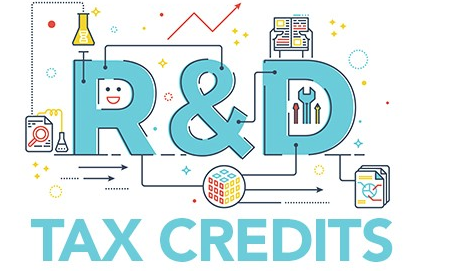Research & Development Tax Credits

By Debbie Gregory.
Governments typically incentivize private industry to produce research and development (R&D) as a strategic tool to advance their economies. The United States government also does so. The Research & Experimentation Tax Credit (R&D Tax Credit) was first introduced in 1981 as a two-year incentive, and has remained part of the tax code ever since.
The rules of the Research & Development Tax Credit can be found under Internal Revenue Code (IRC) section 41 and the related regulations. The R&D tax credit may apply to any taxpayer that incurs expenses for performing Qualified Research Activities (QRA) on American soil.
It’s not only high-tech or life sciences companies with dedicated research departments that qualify for the R&D tax credit. Some other common industries that qualify include, but are not limited to:
- Aerospace & Defense
- Architecture
- Automobile
- Chemical & Formula
- Engineering
- Environmental
- Food Science
- Foundries
- Life Sciences & Pharmaceutical
- Machining
- Manufacturing & Fabrication
- Software Development
- Tool & Die Casting
To qualify, you must be able to prove that the activities rely on are hard science, such as engineering, computer science, biological science, or physical science; that they relate to the development of a new or improved business component; and that your activities constitute a process of experimentation involving testing and evaluation of alternatives to eliminate technological uncertainty.
The potential R&D credit benefits include a dollar-for-dollar reduction in your federal and state income tax liability; improved cash flow; look back studies that recognize unclaimed credits for open tax years(generally for three or four years); and up to 13.5 cents of R&D tax credit for every qualified dollar spent.
Whether you’ve already filed your return or filed an extension, the R&D credit is a powerful tool to help lower your tax rates. If you are uncertain as to whether you qualify for the R&D tax credit, there are numerous professionals that can guide you through the process.
Veteran and Military Business Owners Association, VAMBOA.










